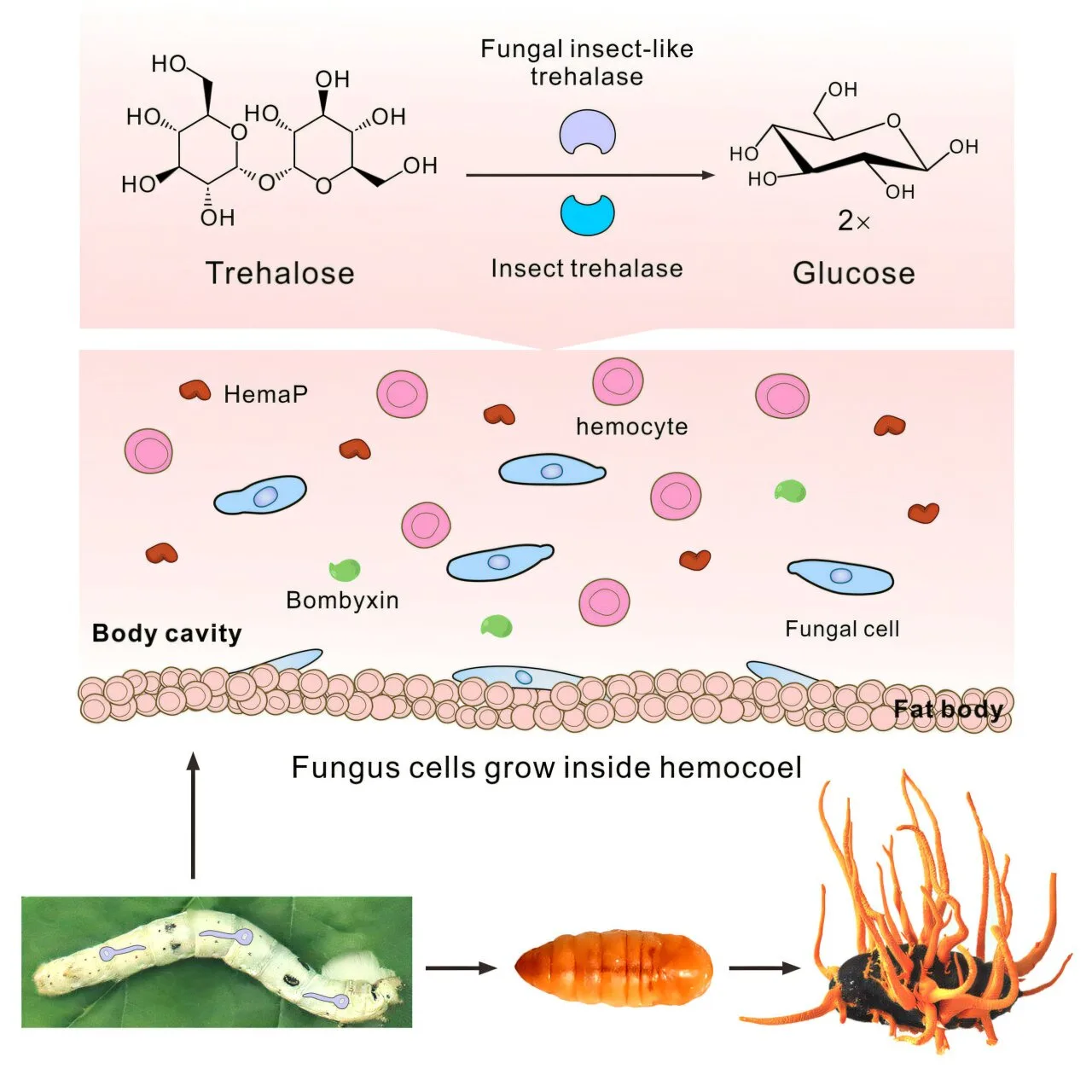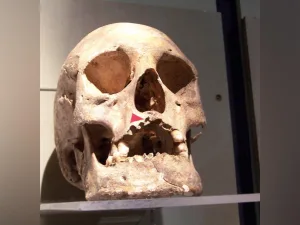The Unsettling World of Parasite-Induced Behavior Manipulation
Nature is full of incredible, and sometimes unsettling, phenomena. One such phenomenon is the manipulation of host behavior by parasites, often referred to as an extended phenotype. This occurs when a parasite influences the behavior of its host to enhance its own survival and reproduction.
Examples of Extended Phenotype
There are several well-documented examples of this behavior in the natural world:
- Entomophaga grylli: This fungus infects locusts and grasshoppers, compelling them to climb to the highest points of plants just before they die. This elevated position facilitates the widespread dispersal of the fungal spores.
- Ophiocordyceps unilateralis: Commonly known as the zombie-ant fungus, this parasite targets ants. It hijacks their central nervous system, forcing them to leave their colony and clamp onto a leaf in an environment optimal for fungal growth and spore dispersal.
How Does This Manipulation Occur?
The precise mechanisms behind this manipulation vary depending on the specific parasite and host involved. However, common strategies include:
- Neurochemical Interference: Some parasites release chemicals that directly affect the host’s nervous system, altering their behavior.
- Gene Expression Modification: Parasites can influence the host’s gene expression, leading to changes in behavior and physiology.
- Physical Manipulation: In some cases, parasites can physically alter the host’s body to achieve the desired behavioral outcome.
Ecological Significance
Parasite-induced behavior manipulation plays a significant role in ecological dynamics. It can influence population sizes, community structure, and even ecosystem functioning. Understanding these interactions is crucial for comprehending the complex web of life.
Final Words
The manipulation of host behavior by parasites is a fascinating and complex area of research. These examples highlight the intricate relationships between organisms and the powerful forces that shape the natural world. As we continue to explore these interactions, we gain a deeper appreciation for the ingenuity and ruthlessness of evolution.




+ There are no comments
Add yours